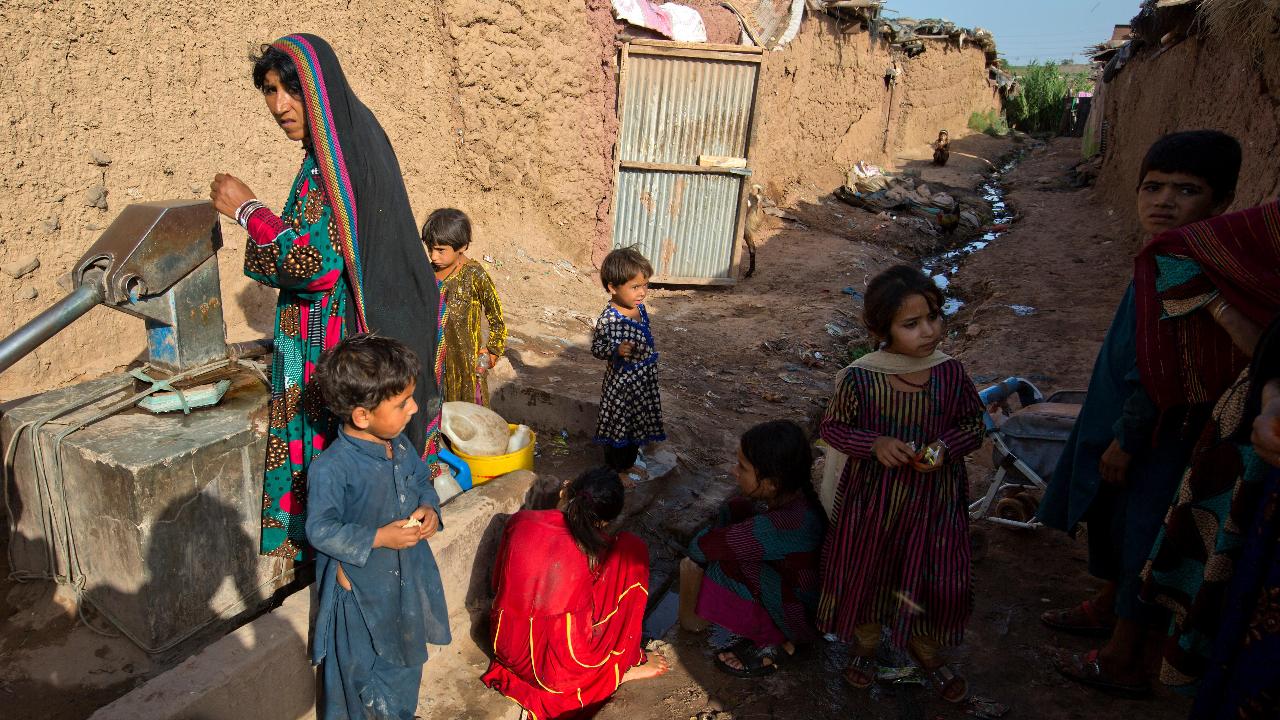How a for-profit company aims to help refugees by giving them jobs
In 2017, the number of refugees in the world reached an unprecedented number, 25.4 million, the highest amount seen since World War II. Now John Kluge, the co-founder of the Alight Fund and the Refugee Investment Network, is trying to provide a long-term, economic solution to people who have been displaced because of war or persecution.
“This is an issue whose time has come,” he said during an interview with FOX Business’ Maria Bartiromo on Thursday. “We’ve been watching the global force migration crisis over the last several years, and I think we found that the solutions that are oriented toward short-term emergency response are just not sufficient to get the job done.”
The Alight Fund, a for-profit investment fund, finances refugee entrepreneurs – and local businesses that will agree to hire them or incorporate them into the supply chain. The company partnered with the non-profit organizations Kiva and the USA for the UNHCR to establish the World Refugee Fund. So far, it has distributed nearly $5 million loans to more than 6,000 refugee entrepreneurs.
“They are the quintessential, extreme entrepreneur,” Kluge said. “They have gone through hell, endured it, and are rebuilding their lives. There is maybe a bigger commitment, because this is their best chance at hope.”
Kluge said the time had come for companies to start using private capital to support civilities in these regions, and provide people with a pathway to some financial stability.
In total, there are 68.5 million forcibly displaced people worldwide, according to the United Nations Refugee Agency. More than half come from Syria, Afghanistan and South Sudan. And the chances of the conflicts that have been raging on for years ending anytime soon is unlikely. For most refugees, the average displaced time is 17 to 26 years, Kluge said.
“Most people aren’t going to get homes. If we can find a way to provide them with a job, capital to start a business, they can be meaningful contributors to their communities.”




















